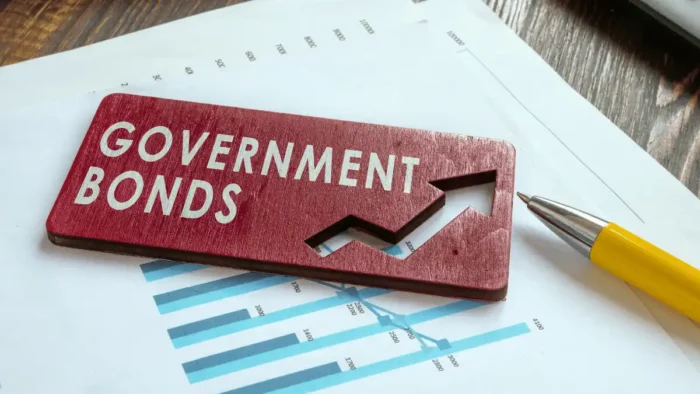When you invest as a business, then you’re essentially making a distinction between being an investor and a trader. If you’re an investor, you’re an individual who invests, but if you’re a trader, you’re a business that invests. The difference, as far as the IRS is concerned, is one of intensity, rather than form.
As a trader, your investments must be large, regular, and continuous. Your profits will be based on daily or frequent market movements. By comparison, an investor’s activities need not be substantial, nor do they need to be regular or continuous. Your profits will primarily be based on long-term capital gains, dividends, or profits.
Assuming that you love to invest, that you’re a Warren Buffett in the making, what sorts of things would be a good investment for your business?
Consider investing in gold, or stocks, or commodities. You will have to pick one because each will require a considerable amount of expertise to do well if you plan to make a business out of it.
Investing in Gold
When you invest in gold, you’ll be investing in gold bullion. This is physical gold—bars and coins. A gold trader is not the same as someone who invests in securities of a gold mining operation, like the Franco-Nevada Corporation (FNV).
As a gold trader, you will buy and sell gold and must have a profound understanding of how the price of gold changes based on supply and demand.
You may decide to buy gold bars or gold coins. If you are focusing on gold bars, then you will have to spread your purchases over many months and have a secure place to store your gold. Generally speaking, it is easier to deal with gold coins, as they are often popular with numismatics and storage is much easier to manage. For instance, the American Eagle gold bullion coin is a work of superb design, it’s small and convenient to store, and people who want to add balance to their IRA portfolio love to buy it.
Gold is a good asset to invest in for three reasons: One, the price of gold will go up when paper investments go down; two, gold is a hedge against inflation and against the loss of value of money after a currency devaluation; and three, you won’t have to pay any capital gains taxation on your gold until you sell it.
Investing in the Stock Market
As a trader, you must get good at selecting stocks, understanding the difference between growth stocks, value stocks, income stocks, blue-chip stocks, and penny stocks. You must also understand market moves and understand the mechanisms of the stock markets to be able to expertly place buy and sell orders.
Besides a keen interest and knowledge of the financial markets, you also need a variety of refined skills and abilities. You will need numeracy skills, oral and written communication skills, and interpersonal skills. You will also need teamworking ability, and an ability to withstand physical, mental, and emotional pressure. And, of course, it will also be beneficial if you’re an independent thinker, as well as alert and observant and decisive.
Investing in the Commodities Market
Many of the characteristics that make you a good stock trader – market knowledge and finely-tuned skills and abilities — will also work perfectly well in the commodities market. But there is one big difference, and that is leverage.
In the stock market, you have to put down at least 50 percent of the total value of a stock. In the commodities market as little as 3-15 percent is enough to control the total value of a commodity.
Although leverage is usually considered an advantage, it can just as easily work against you. It’s the problem of too much power. If, for example, you have a $10,000 account, it’s as if you have the purchasing power of $100,000. So, if you buy ten soybean future contracts at $1,000 each, you’ll be controlling $100,000 worth of this commodities. If the price of soybeans moves up, you can easily double your investment. Unfortunately, the market can also go down, and you could easily be wiped out.
So, the additional skill you’ll need to do well in the commodities market is an ability to practice caution and moderation. You must learn to discipline yourself to buy fewer contracts than permitted by the margin requirements. This may sound easy in principle, but when you are faced with the opportunity to become rich almost overnight, it’s difficult to play small. Avoid big mistakes. Commit to a commodity trading plan.
In closing, if you invest as a business then you have to act like a trader. You cannot simply register a business and work as an investor because you hope for some tax advantage or other benefits. The IRS will want to know how much time you spend investing and how often you invest. They will also want to know your trading dollar amount and the average time you hold a security.



